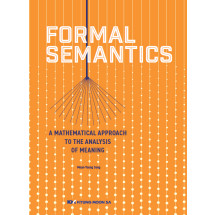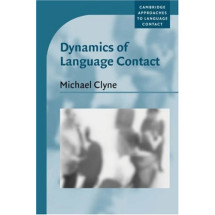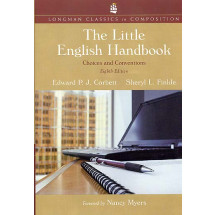The Ramayana is one of India's foundational epics, and it demonstrates a continuing power to influence social, religious, cultural, and political life. Brought to textual life in Sanskrit by the legendary "first poet," Valmiki, over the ensuing centuries the tale has been recycled with extraordinary adaptability and diversity through the varied cultural heritages of India and other parts of Asia. The basic tale of the Ramayana is continually adapted to new contexts, forms, and media. It is read, recited, sung, danced, and acted in one form or another, and renewed so constantly by changing times and values that it demands constant revaluation.
The Ramayana Revisited presents the latest in Ramayana scholarship. Fourteen leading scholars examine the epic in its myriad contexts throughout South and Southeast Asia. They explore the role the narrative plays in societies as varied as India, Indonesia, Thailand, and Cambodia. The essays also expand the understanding of the "text" to include non-verbal renditions of the epic, with particular attention to the complex ways such retellings change the way the narrative deals with gender. This volume will be invaluable to students and scholars interested in mythology, Hinduism, Asian studies, and anthropology.
Mandakranta Bose is Professor Emeritus and former Director of the Centre for India and South Asia Research at the Institute of Asian Research, University of British Columbia, Vancouver, Canada, where she is currently Director of the Programme in Intercultural Studies in Asia. She is the author of many books and articles on the classical dance of India, Sanskrit and other Indian literatures, and women's issues. Among her many publications is an edited volume, Faces of the Feminine in Ancient, Medieval and Modern India (OUP, 2000).












